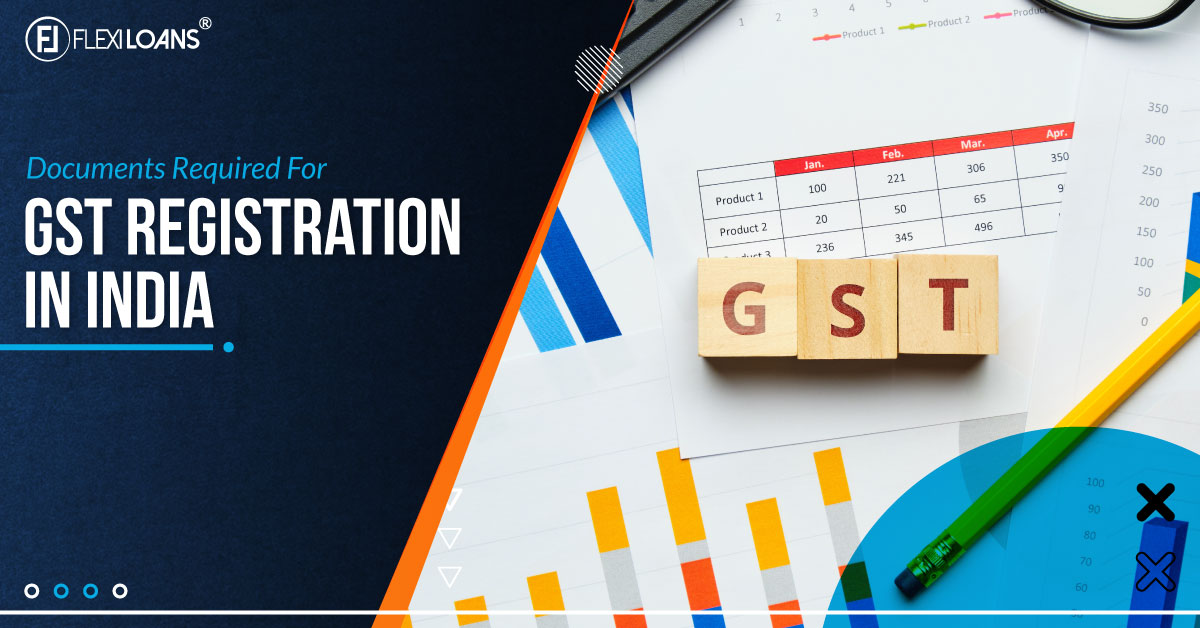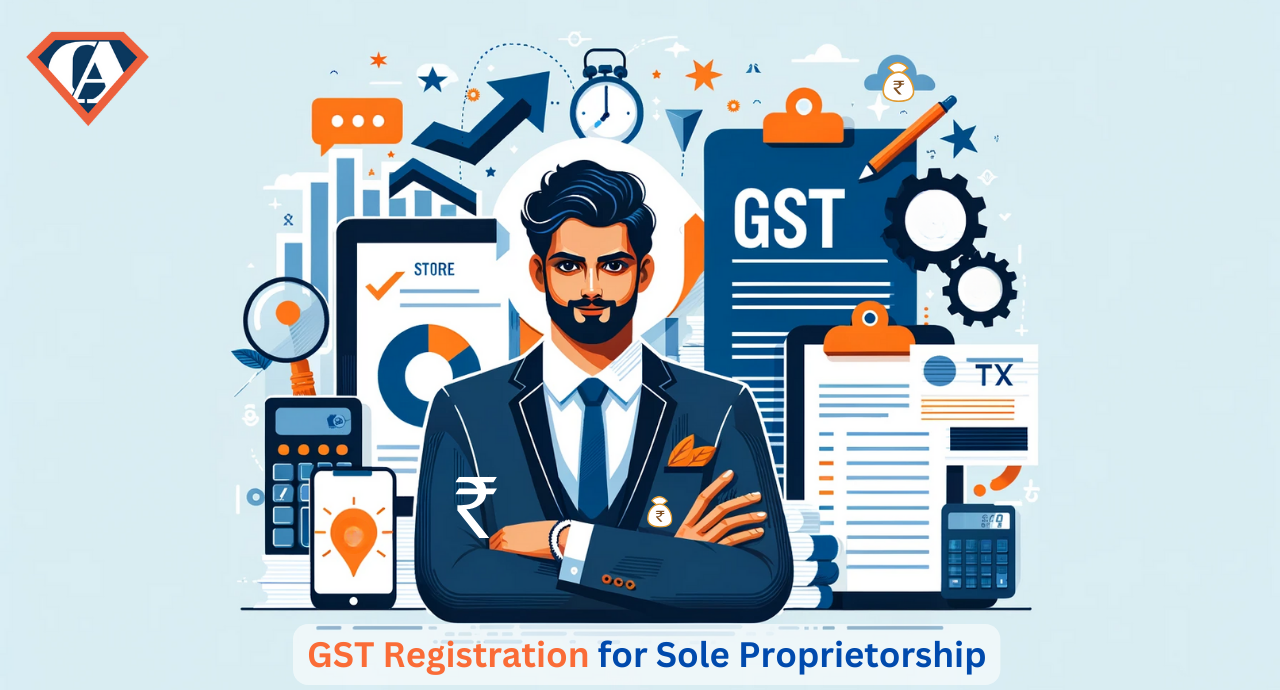Why Singapore GST Registration is Critical for Your Startup
Navigating the Complexities of GST Registration: Expert Tips and Ideal Practices for Smoother Conformity
From analyzing registration needs to harnessing technological tools for streamlined procedures, the journey towards smoother GST compliance is multifaceted and nuanced. Remain tuned to discover important strategies and understandings that can help companies steer via the complexities of GST enrollment with finesse and self-confidence.
Understanding GST Registration Requirements

Along with turnover thresholds, companies participating in interstate sales or providing taxable services may additionally be required to sign up for GST, also if their turn over is listed below the prescribed limit (Singapore GST Registration). Recognizing these requirements and limits is crucial to stay clear of charges and guarantee smooth operations within the lawful structure
Additionally, companies have to gather and prepare the needed documentation, such as evidence of identity, address, organization consolidation, and financial institution account information, prior to starting the GST registration procedure. Falling short to give accurate information or fulfill the registration target dates can lead to fines or other legal repercussions. Companies should stay educated concerning the particular GST registration needs applicable to their operations to preserve compliance and prevent possible issues.
Organizing Vital Documents
Services beginning on the GST enrollment process should thoroughly compile and organize the vital paperwork needed for entry. The essential papers commonly needed for GST registration consist of evidence of service enrollment or identity, incorporation and address proofs of business proprietors or companions, checking account information, evidence of primary business, and permission types. Making sure that these papers are conveniently available and organized can simplify the enrollment process and stop beings rejected or delays.
To efficiently organize vital paperwork, companies should develop a central system for keeping and categorizing the required documents (Singapore GST Registration). Making use of digital storage space options can assist preserve easy accessibility and make sure that documents are firmly stored. Additionally, establishing a checklist of all essential documents can serve as a handy device to track what has been collected and what is still required for submission

Leveraging Innovation for Performance
Enhancing operational effectiveness via technological assimilation is critical for modern services browsing the complexities of GST enrollment. One of the vital means innovation can assist in GST registration is through the usage of automated software program services.
In addition, technology can facilitate smooth communication with tax authorities. On the internet sites and interaction tools make it possible for businesses to submit records, solve queries, and receive updates in a much more reliable manner. This not just quickens the registration process but also aids in keeping clear and dependable interaction with the relevant authorities.
Additionally, cloud-based storage space solutions supply a safe and secure system for businesses to shop and accessibility their financial data, ensuring compliance with GST record-keeping requirements. By systematizing information storage space and automating procedures, organizations can boost their overall effectiveness and accuracy in GST registration procedures.
Proactive Compliance Monitoring

To ensure efficient proactive conformity monitoring, businesses need to develop robust internal controls, conduct regular audits, and leverage automation devices for real-time tracking of GST purchases. Routine training sessions for staff members on GST conformity needs can also aid in creating a culture of conformity within the organization. In addition, engaging with tax consultants or experts can give important understandings and assistance on browsing complicated GST regulations.
Engaging With Specialist Specialists
Engaging skilled tax experts can considerably strengthen a company's understanding and compliance with elaborate GST laws. Expert experts bring a wealth of expertise and experience to the table, helping services browse the intricacies of GST registration effortlessly. By leveraging their competence, business can make sure exact filings, decrease the threat of mistakes, and remain up-to-date with the most up to date regulatory adjustments.
When involving with expert professionals, it is necessary to pick specialists with a strong record in GST compliance (Singapore GST Registration). Search for professionals who have a deep understanding of the pertinent laws and policies, in addition to experience collaborating with services in your sector. Effective communication is key in this partnership, so see to it to plainly specify your assumptions and develop normal touchpoints to review progress and attend to any type of worries
Moreover, specialist specialists can give beneficial understandings and suggestions on maximizing your tax obligation approach, identifying prospective cost-saving opportunities, and enhancing your conformity procedures. Generally, buying professional consultancy services can go a long way in ensuring smoother GST conformity and staying clear of pricey blunders.
Final Thought
In final thought, click to read more navigating the intricacies of GST registration needs a complete understanding of the demands, organization of crucial documents, leveraging modern technology for performance, positive compliance surveillance, and interaction with expert professionals. By complying with these best techniques, services can ensure smoother conformity with GST laws and prevent potential charges or fines. It is necessary to remain notified, aggressive, and thorough in managing GST enrollment to keep conformity and maintain financial honesty.
To make certain conformity with tax obligation regulations, organizations need to completely recognize the detailed needs for GST registration. Product and Provider Tax (GST) is a value-added tax obligation imposed on many products and solutions in a country, making it critical for companies to sign up for GST to prevent legal effects.Furthermore, companies have to gather and prepare the required documents, such as proof of identity, address, service unification, and bank account information, prior to launching the GST registration process. Services must remain informed about the particular GST enrollment needs appropriate to their procedures to keep conformity and stay clear of potential issues.
The crucial records typically needed for straight from the source GST registration consist of proof of business registration or address, identification and unification evidence of the business owners or partners, bank account details, evidence of primary location of service, and consent types.